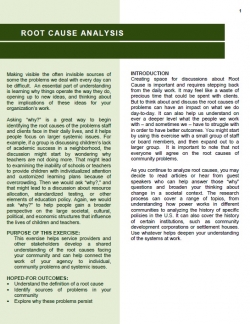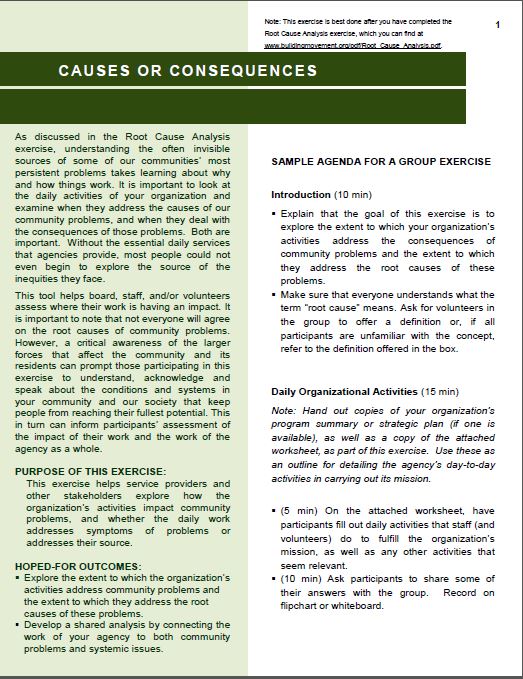
Tools to Engage Webinar Series Part 6: Engaging Constituents, Addressing Root Causes: Food Banks and Beyond
This 60-minute Tools to Engage webinar features Randi Quackenbush and Lyndsey Lyman of the Food Bank of the Southern Tier (FBST) and Alicia Swords, Associate Professor at Ithaca College. In it, Alicia shares some history and insights from her experience working with the University of the Poor and the Poor Peoples’ Campaign to root our conversation in a larger movement to end poverty. Then, Randi and Lyndsey talk about the Speakers Bureau model they’ve developed at FBST, as well as how they are thinking about and using popular/political education to build a shared analysis of the root causes of poverty and hunger. During the Q+A, participants engage around the question of how it is possible for non-profits in general (and food banks in particular) to address root causes and speak honestly about them given the many restraints we face, like funding and capacity.
The resources, organizations, and tools mentioned during the webinar include:
- Kairos: The Center for Religions, Rights, and Social Justice
- Center for Story-based Strategy
- Racial Wealth Gap Simulation
- United for a Fair Economy Ten Chairs Activity
- Closing the Hunger Gap conference – Sept 3-5 in Raleigh NC
- Dropbox of resources gathered from the Constituent Engagement Community of Practice, including information about the Speakers’ Bureau
- To join the Constituent Engagement Community of Practice, click here.
- Tools to Engage webinar series
- Alicia’s article “Action research on organizational change with the Food Bank of the Southern Tier: a regional food bank’s efforts to move beyond charity.”

Root Cause Analysis
This exercise helps service providers and other stakeholders develop a shared understanding of the root causes facing your community. It can also help connect the work of your agency to individual and community problems, in addition to systemic issues.

Causes or Consequences
These two activities are used to conduct a root cause analysis and to explore the causes and consequences of issues that staff and constituents deal with on a daily basis. The root cause analysis includes a handout for the discussion about why conditions exist. The causes and consequences handout helps organizations explore the focus of the impact of their work. Are they addressing the (root) causes of conditions or the consequences, which doesnt lead to changing conditions and often creates the revolving door of service provision.
